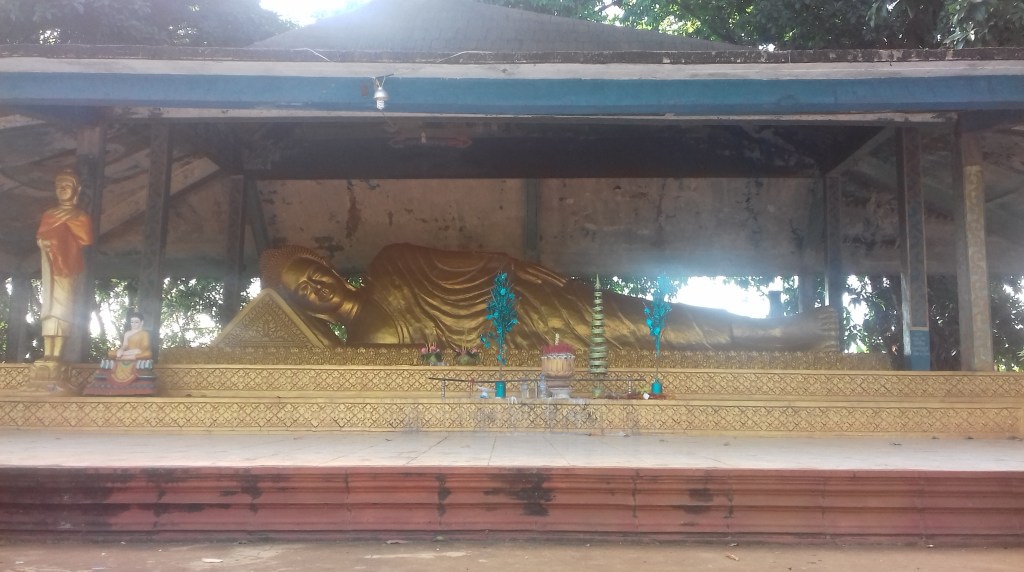Self-control requires no self, and not much control, either, really, just wise decisions. Which is convenient, since the last thing a Westerner—European or American—wants to hear about is control, something of a dirty word for the Aryan-descended high-steppes drifters.
My compatriots tend to love their freedoms, even when they are deleterious to health, to an extent that others might, and do, find laughable, witness the current kerfuffles over life-saving masks in the middle of a pandemic. But limits are crucial to Buddhism, in sharp antithesis to the Christianity of eternal life and eternal resources. Oops! That’s another bad word–limit.
Bottom line: It isn’t what you do that matters so much; it’s what you don’t do. And if that kept me away from Buddhism for many years, perceived as a passive response to active situations, now it attracts me to it. Because now it really is better to do nothing than run around like decapitated barn-fowl in search of answers to questions we never should have asked in the first place.
So what do we do about global warming? Do nothing, i.e. instead of driving that car: do nothing. Instead of stoking that chimney of steel: do nothing. Instead of shooting that rocket to Mars: do nothing. Get it? So what if our lives revert to the same economic status of one hundred years ago, was that so bad? All we’ve gained since then is technology-based capitalism, not knowledge.
One hundred years ago, Einstein’s general theory of relativity was proven and quantum mechanics was in progress. The only thing good that’s happened after all that is Internet, so we can keep that and get rid of all the self-driving cars and self-driven egos. Internet is almost the only worthwhile technology of the last century, that and health care, something still out of reach for many world citizens.
Yet we are obsessed with economic growth as though that were the English term for God, and freedom as if that were our contribution to the Emptiness that underlies all stuff (which it may very well be). The problem is that quest for infinity when we have no true connection to it, except for our worship of it. So worship we can do, as long as we don’t fancy ourselves the master of it. We’re not.
We are subject to freedom and must obey its dictates. Oops! There’s another dirty word, no, not dictate, but ‘obey.’ This is anathema to the West almost more than control or limits, but crucial to our place in the universe. It may very well be inhuman to dictate, but very human to obey, like the good children we should all strive to be. And it may be very inhuman to try to control others, but the essence of humanity to try to control ourselves.
For then harsh words will not be spoken, and harsh actions will not be taken. Sound too simple? Yes, it is, and the most difficult thing for us to accomplish, we raised on the sound and fury of argument and debate. But accomplish it we must, if we are to survive another century. Purify your heart. Purify your mind. Prepare for the coming storm.










Reply